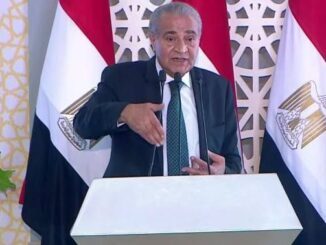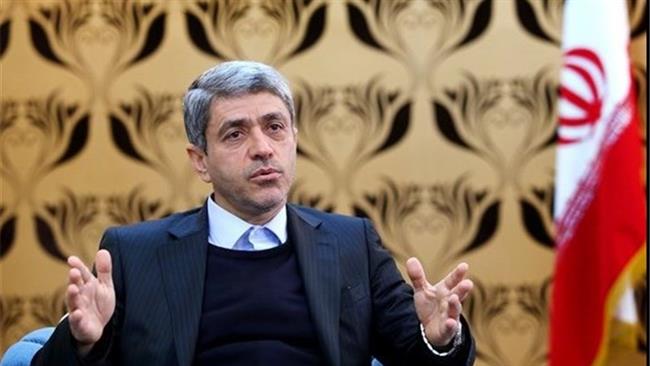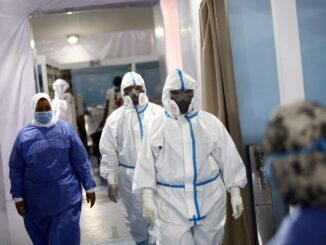Abdel Fattah Al-Sisi claimed in a televised speech that Egyptian military’s economic activities are equivalent to just 1 to 1.5 % of Egypt’s GDP and not more than 20 % as some have claimed, as reported by Reuters.
Al-Sisi who led a military coup in 2013 against Egypt’s first democratically elected president Mohamed Morsi, promising to revive the economy, has failed in his mission and is seeking to secure $ 12 billion loan from the International Monetary Fund.
But at the same time, he also recalled the Egyptian military to participate in Egypt’s economy by assisting in major infrastructure projects and in distribution of subsidized commodities to keep a lid on the rising prices amid an acute shortage of dollars that has hiked the cost of goods.
However, the Egyptian military, whose budget is not under any supervision, has expanded its economic activities in the country over the last year.
The military has widened its economic activity, including producing cement, supplying medical items to hospitals, running the government’s smart-card system for the distribution of subsidized goods, establishing fish farms and manufacturing water meters. Moreover, last year al-Sisi issued a law that allows the army to set up companies with the participation of domestic or foreign capital.
” Armed forces vans roam the country selling cheap groceries and military retail outlets have popped up, while military agencies have attempted to procure basic commodities from international traders amid shortages,” said Reuters.
In this context, Al-Sisi tend to defend the military in every occasion, saying at a national youth conference held in Sharm el-Sheikh that,
“In case you’re wondering how large the economy of the armed forces is in terms of GDP, I’m going tell you so it’s clear: 1 to 1.5 %.”
Reuters said, ” the size of the military, which produces everything from bottled water to macaroni, has long been a topic of speculation in Egypt but official comment on the scope of its economic activities is rare.”
Al-Sisi also claimed that the armed forces are not entering the economy to profit or compete with the private sector, and that their projects are subject to taxes and regulatory oversight.
He also added that the military would deliver 1,350 projects by 2018 but did not specify their exact nature.
However, analysts repeatedly said that the armed forces economic activities will probably shrink both national and foreign investments as no one will rescue competing the army in business.
Earlier this month, Financial Times wrote in an article titled: “General Al-Sisi deploys the army to tackle Egypt’s economic woes” that to many Egyptians suffering from high inflation, the army — which has used its own farms and factories to pump cheap food into the market — has been performing a public service. However, “some businessmen fear it will be impossible to compete with an institution that has unrivaled political clout and is protected by law from revealing its accounts,” said the FT.
The editor of the daily Shorouk, an Egyptian independent newspaper, Emad al-Din Hussein, wrote that the military deserved “thanks” for stepping in to “solve problems”. But he also called on civilian and army leaders to “re-evaluate the participation of the armed forces in economic activity,” as cited by FT.
He added, “We should also discuss whether the participation of the army has impacted the size of local and foreign investment or not.”
Omar al-Shenety, managing director of Multiples Group, a regional investment bank said the army had “stepped in to inject momentum in the economy at a time of great need”. But he added that it would create unfair competition in some sectors.
Shenety said, “If a company is importing a product and the army comes in as an importer, the company can’t compete.”
“Despite having some justifications, we now have a new reality; there is direct competition between the army and some companies across various sectors.”
In the end, Financial Times concluded that it seems that there is no turning back in widening the military role as al-Sisi feels “unapologetic about the military’s role,” which is obvious in his speeches as he always recalls the military role.



